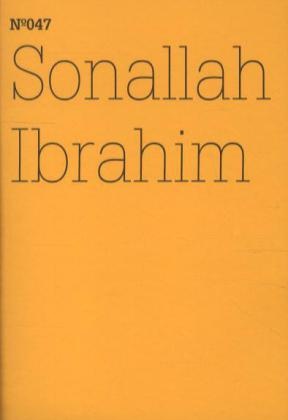Read more
In einer Zeit, in der der Austausch mit der Welt meist über das Internet erfolgt, wird dieser vorwiegend durch Vorgaben und Formate der Suchmaschine Google reguliert, die für den Philosophen und Medientheoretiker Boris Groys damit die traditionelle Rolle der Philosophie und Religion eingenommen hat. Philosophische Vorläufer für das Auflösen von Diskursen, die Emanzipation der Wörter von grammatikalischen Strukturen und damit ihre Gleichstellung, wie es von der "philosophischen Maschine" Google betrieben wird, reichen von Platon über den Strukturalismus de Saussures bis zur Dekonstruktion Derridas. Eine weitere Entsprechung findet die Entstehung kontextbefreiter Wortwolken in der Avantgarde-Kunst des 20. Jahrhundert, speziell der Konzeptkunst der 1960er und 70er Jahre. Als eine der Folgen der radikalen Befreiung der Wörter benennt Groys den "Kampf um den Zugang zur Wahrheit als solcher - verstanden als die Gesamtsumme aller materiell existierenden Kontexte. Er ist ein Kampf um das utopische Ideal des freien Informationsflusses - der freien Wanderschaft befreiter Wörter durch die Gesamtheit des gesellschaftlichen Raums". Der Philosoph, Kunstkritiker und Medientheoretiker Boris Groys ( 1947) ist Global Distinguished Professor an der Faculty of Arts and Science der New York University.
Summary
The Egyptian novelist Sonallah Ibrahim delivers in his notebook an insight into two of his novels, which are written in a rather documentary style, telling a personal story within a political system using excerpts from newspapers or speeches. One of the protagonists, Dhat, experiences suffering and tragedy in their life related to the political situation in her country. The other, Warda, dedicates her life to the liberation of humanity. Ibrahim, who is known for his radical views and his open critique for which he was imprisoned in Egypt during the 1960s, asks himself how he can escape contemporary Egyptian political and social life through his constructed characters. This notebook’s point of departure confronts the post-1970s and -’80s Egyptian society with its changes in social justice and its devaluation of education and culture. In constructing a self-reflexive examination of his own work, Ibrahim explores gender roles in Arab society and suggests how the sense of hope for the future of Arab countries could be fulfilled through the actions of young women.
Sonallah Ibrahim (*1937) is a novelist living in Cairo.

